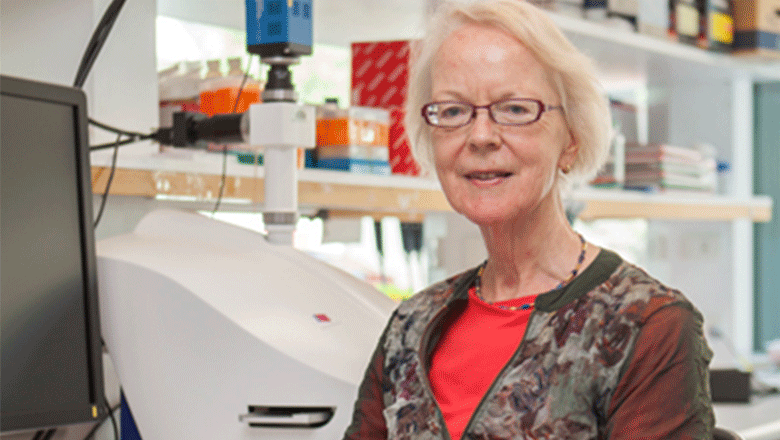Search
Showing results for "clinical trials"
Research
Toward homeostasis: Regulatory dendritic cells from the bone marrow of mice with inflammationInflammatory mediators from peripheral tissues may control dendritic cell (DC) development in the bone marrow.

News & Events
Raine Foundation grants support exciting projects in childhood cancer and newborn infectionsTwo The Kids Research Institute Australia researchers have been awarded prestigious grants from the Raine Medical Research Foundation for projects in childhood cancer and newborn infection control.

News & Events
New drug hope for babies with leukaemiaResearchers at The Kids Research Institute Australia have discovered a new drug combination that could help improve survival rates for babies with leukaemia.
Research
Epidemiology of Otitis Media hospitalisations in Western Australia: a retrospective population cohort study (1996-2012)Deborah Hannah Lehmann Moore AO, MBBS, MSc OAM BSc (Hons) GradDipClinEpi PhD Honorary Emeritus Fellow Head, Infectious Diseases Research 08 6319 1427
Research
Oombarl Oombarl Joorrinygor-Slowly Slowly Moving Forward: Reflections From a Cross-Cultural Team Working Together on the See, Treat, Prevent (SToP) Trial in the Kimberley Region of WAReflexivity is crucial for researchers and health professionals working within Aboriginal health. Reflexivity provides a tool for non-Aboriginal researchers to contribute to the broader intention of reframing historical academic positivist paradigms into Indigenous research methodologies to privilege Aboriginal voices in knowledge construction and decision-making.
Research
Changes in caesarean delivery rates in Western Australia from 1995 to 2010 by gestational age at birthThe objective of this paper was to measure changes in caesarean delivery rates for primiparous women in Western Australia during 1995–2010 stratified by...
Research
Pre-pregnancy maternal overweight and obesity increase the risk for affective disorders in offspringMaternal pre-pregnancy obesity has been linked with an increased risk for negative emotionality and inattentiveness in offspring in early childhood.
Research
Bush Tucker and Vitamin DThis five-year project in Western Australia (WA) aims to promote vitamin D sufficiency among Aboriginal people by developing food-based dietary strategies to increase vitamin D intakes and by encouraging safe sun exposure.
Research
Improving primary prevention of acute rheumatic fever in Australia: consensus primary care priorities identified through an eDelphi processTo establish the priorities of primary care providers to improve assessment and treatment of skin sores and sore throats among Aboriginal and Torres Strait Islander people at risk of acute rheumatic fever (ARF) and rheumatic heart disease (RHD).
Research
DETECT SchoolsThe DETECT-Schools Study was launched in May 2020 as a partnership between the WA Government Departments of Education and Health with The Kids Research Institute Australia.
